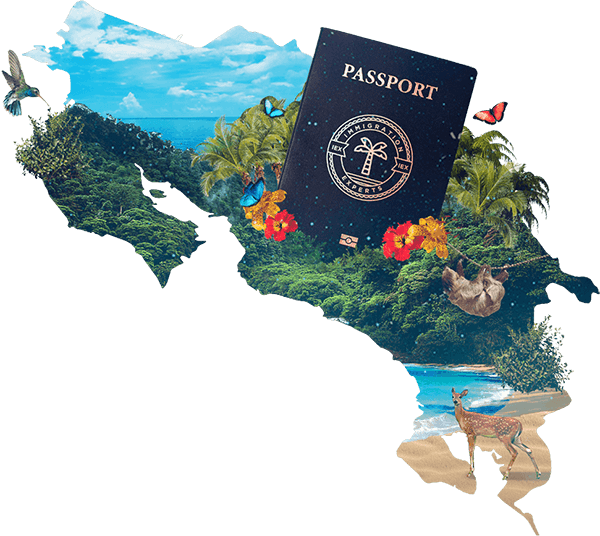Costa Rica, a country celebrated for its biodiversity and vibrant culture, is also home to a treasure trove of linguistic heritage, embodied in the languages of its indigenous communities. These languages, woven into the fabric of daily life, are not merely means of communication but reservoirs of ancient wisdom and deep connections with nature. This article embarks on an exploratory journey into the secret languages of Costa Rica, revealing the profound insights and cultural richness they hold.
The Tapestry of Indigenous Languages
Costa Rica’s indigenous languages, including Cabécar, Bribri, Guaymí, and Maleku, among others, are the voices of tribes that have inhabited the region for centuries. Each language is a unique lens through which the worldview of its speakers is understood, reflecting their relationship with the land, flora, fauna, and the cosmos. Despite the challenges of modernization and globalization, efforts to revitalize and preserve these languages are keeping the fire of this ancient wisdom alive.
Interviews with Indigenous Leaders
Through conversations with indigenous leaders, we gain invaluable insights into the significance of their languages. Words in Bribri, for instance, are more than labels for objects or actions; they are expressions of the interconnectedness of life, encapsulating stories of creation, ethical principles, and the sacredness of nature.
Ancient Words, Timeless Wisdom
Delving deeper, we uncover the stories behind ancient words that have been passed down through generations. For example, the Cabécar word for water, ‘úbëkë’, is imbued with meanings of life, purity, and sustenance, reflecting water’s revered status in their culture. Similarly, the Maleku word ‘iriría’—meaning both butterfly and soul—illustrates the tribe’s belief in transformation and the immaterial essence of life. These words offer a window into the profound respect for and symbiosis with the natural world that characterizes Costa Rican indigenous cultures.
The Deep Connection with Nature
The indigenous languages of Costa Rica are a testament to a lifestyle deeply entwined with nature’s rhythms and cycles. Linguistic expressions often encompass knowledge about medicinal plants, animal behavior, weather patterns, and agricultural practices, vital for the survival and prosperity of these communities. This lexicon of nature, enriched by centuries of observation and experience, is a powerful reminder of the sustainability principles that modern society strives to achieve.
The secret languages of Costa Rica are much more than mere curiosities; they are vibrant threads in the fabric of the nation’s cultural heritage, offering profound insights into the wisdom of its indigenous peoples. By uncovering and celebrating this linguistic diversity, we not only honor Costa Rica’s roots but also remind ourselves of the invaluable lessons these languages contain. In a world searching for sustainability and harmony with nature, the ancient wisdom preserved in these languages is more relevant than ever, guiding us toward a deeper connection with the earth and each other.








